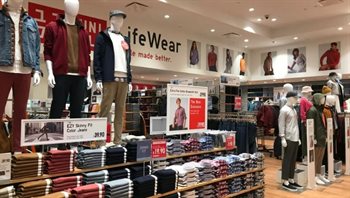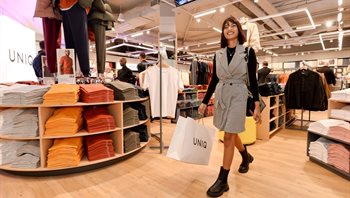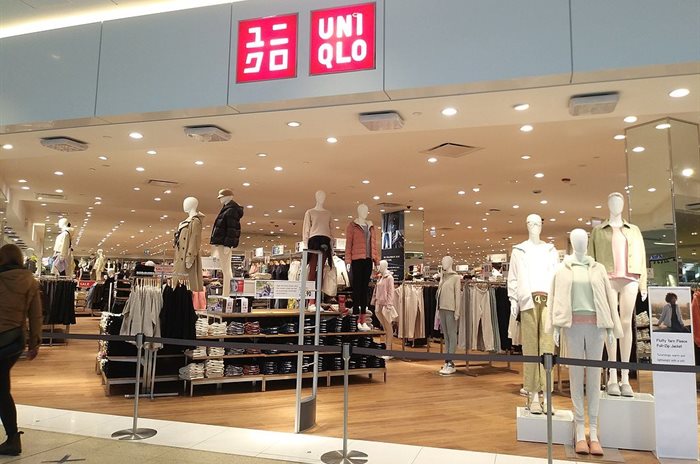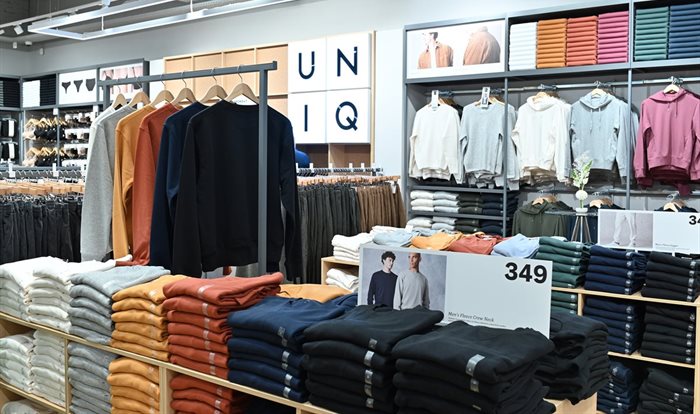
Top stories






More news

Marketing & Media
Ads are coming to AI. Does that really have to be such a bad thing?
















Woolies purposely chose to step away from their entrenched 'basics' monopoly and willingly opened the gates for competition in the space.
Since then everyone has been fighting for 'basics' dominance in South Africa, but the position of brand leader in the category has never been filled. There is perhaps a sense that if Woolies had to wake up one day and decide to take back their position of 'basics' kingpin, that they have enough historical brand clout to snatch the prize back quickly, but until the giant awakens - the race continues.
The newest 'basics' offering on the competitive landscape is from the Shoprite Checkers Group – a business which we have for the past while, greatly admired for its shrewd strategic moves and excellent operational nous.
Yet what they purposely chose to do with the opportunity to compete in this space - is to basically replicate the Uniqlo brand, with just enough difference to make it very difficult to legally challenge in the local market.

Truth be told, this deliberate strategic choice greatly confuses us. Why would Shoprite Checkers willingly choose to invest in a brand and a visual merchandising method that is clearly a replication of a very successful existing global brand?
With the unlimited amount of creative talent that they have access to, backed by the financial might of Africa's biggest retail group, why was this particular strategy seen as a better option than alternatively creating and building something that doesn't carry this kind of reputational baggage?

On a personal level, we find this choice very disappointing. As the leading retailer on the continent and an admired corporate citizen, we just assumed that they would 'do better'.
Yes, legally they will probably be able to get away with it because proving something is a direct ripoff in a court of law is incredibly difficult, but this kind of behaviour is not what we should accept from our corporate, listed leaders.
We're not naive to the ways and means of the world obviously. Philosophically there has always been a raging debate about the ethical relevance of originality, attribution and where the line can and shouldn't be crossed.
From a purely strategic brand perspective however, there is 'creative licence' that ultimately creates something new from borrowed inputs that still carries risk (which is what most sampling is), and then there is the 'unauthorised use' of a recognised creative asset that is replicated to try to reduce risk. In our minds the Uniq brand, as it is currently being presented, falls into the latter category.
Even if you argue that a line hasn't been crossed in your eyes, for many others the similarity will stir up questions in their minds that will certainly prove to be a distraction and a nuisance for Uniq in the future. Hiring Adams & Adams to defend your position in the local market is expensive and time-consuming, so if you have the choice right up front, why would you choose that avoidable route?
Our suggestion is there would be a lot of value in doing a comprehensive scenario planning exercise to map out the alternative futures the current and possible choices will plausibly create, and from there management will be able to make better, more informed strategic decisions based on this more considered insight.
Our hope is that before they go ahead and roll out more Uniq stores, they reconsider their choice here and choose to put their convictions behind something that is 'a bit more of their own' instead.
Uniqlo is great and should certainly be admired and desired, but trying to be 'just like them' without their express permission not only shows a lack of a moral compass, but a lack of self-confidence.
So 'no'... Uniq is certainly not unique enough for us.
Article provided courtesy of Cherryflava.
